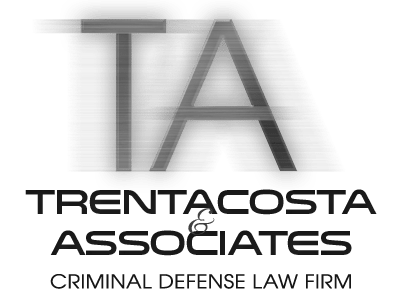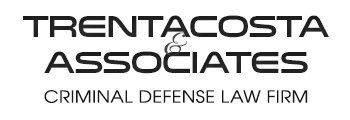DMV HEARINGS FOR DUI SUSPENSION
After a DUI arrest the DMV MUST be contacted within 30 days to avoid automatic suspension of a driver license. It is CRITICAL that the DMV be contacted by the individual’s attorney within 30 calendar days of the arrest.
On the 31st day, the DMV will refuse to provide a hearing and the suspension will automatically take effect in 30 days. If an attorney has not been retained within the 30-day window, the individual should contact the local Drivers Safety Office himself.
It is strongly recommended that a DMV hearing be requested. There is a good chance of having the suspension thrown out if represented by an experienced DMV Attorney.
When a Georgia driver is arrested the law requires he or she be given a choice of a breath or blood test.
If:
- A breath test indicates .08% blood-alcohol or more, or
- A blood (or, if neither breath nor blood are available, urine) is taken for later analysis, or
- The individual refuses to submit to chemical testing, his driver’s license is immediately confiscated by the police (unless it is an out-of-state license) and he is issued a pink sheet of paper. This paper serves as:
- A formal notice of immediate suspension,
- A temporary license valid for 30 days, and
- A technical explanation of the laws and procedures involved.
If the individual was recently arrested or given a citation, the driver has ten days within which to call the Drivers Safety Office of the Department of Motor Vehicles to contest the suspension at an administrative hearing. This is called the Administrative Per Se Suspension (“APS”).
In most cases, due to work overload, the DMV will be unable to provide a hearing before the 30-day temporary license expires.
In that event, the lawyer should demand — and will receive — an extension of the temporary license (called a “stay”) until the hearing is provided and a subsequent decision rendered.
This “APS” suspension is based upon Georgia’s so-called “implied consent” laws: any person driving in this state is “presumed” to impliedly consent to chemical testing if he is suspected of drunk driving. It would certainly seem, however, that the procedure violates the U.S. Constitution.
First, there appears to be a presumption of guilt and lack of due process: the officer is judge, jury and executioner.
Second, it would seem to constitute “double jeopardy”: the individual is being charged with a criminal offense and punished (including a license restriction) in court — and then is accused in a separate proceeding and punished again with a license suspension.
The courts, however, have used strained logic in concluding that one is criminal and the other administrative — a license suspension is simply an “administrative sanction”, not a “punishment”!
The hearing is conducted by a hearing officer who is an employee of the DMV. This person, although not legally trained, will act as the “judge” — and also as the prosecutor! He can, for example, rule on his own objections.
The hearing is conducted like a miniature trial, but without jury and with somewhat different rules of evidence. The defenses tend to be more technical than in court, with procedural and bureaucratic errors often the grounds for a “set-aside” of the suspension.
Because of the technical nature of these hearings and the lack of an independent judge, it is inadvisable to attempt to represent yourself. And because they are not criminal in nature, public defenders are unavailable.

